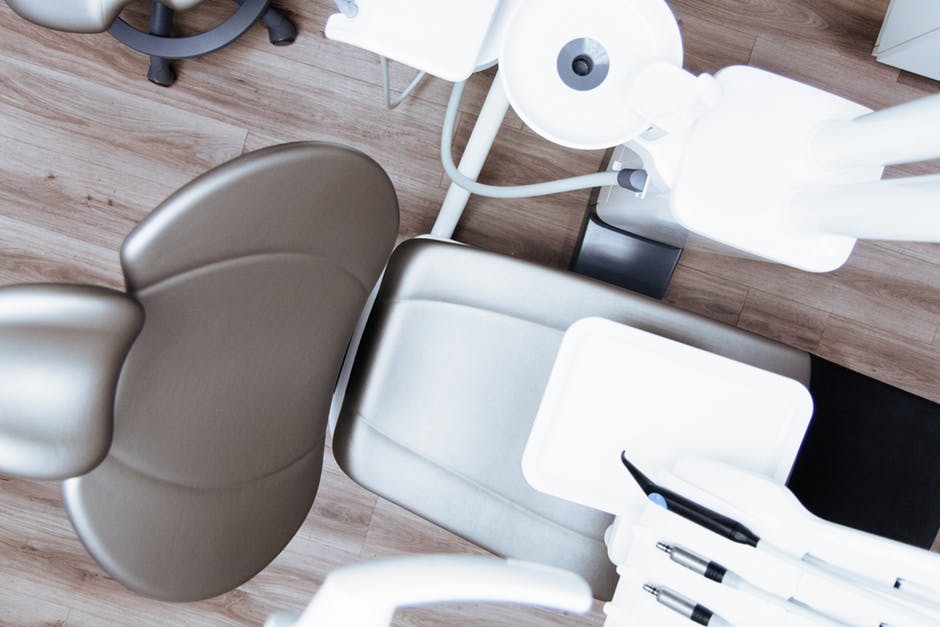Nobody plans to have a dental emergency, but everyone should learn what qualifies as one and prepare for how to handle it. Dental emergencies when handled incorrectly or left untreated, can lead to serious consequences, and thirty minutes can mean the difference between losing a tooth or saving it. Therefore, it may be important to seek immediate medical attention with a dentist.
Most dental offices have an emergency number or instructions on their answering machine even if they are away from the phone or it is after their normal business hours. If you are unable to reach anyone, the hospital emergency room should be the next option.
The staff can advise you if the injury can wait until the dentist’s office reopens and may be able to help alleviate any pain or symptoms. For pain relief don’t use aspirin, which is an anticoagulant and can cause excessive bleeding in a dental emergency. If you can typically take ibuprofen, it may help with pain and swelling(Be sure to check with a dentist or your Primary Care Physician)
Injuries to the mouth can cause bleeding, cuts or tears to soft tissues, fracture or dislodge teeth, or fracture to the jaw. These traumas are often caused by sports-related injuries, accidents, or falls. When soft tissues including tongue, gums or cheek are cut, torn, or bitten and bleeding, rinse with water and apply a cold compress. If bleeding won’t stop or is excessive, or there is a lot of pain, seek treatment.
For a cracked tooth, rinse with warm water to cleanse and see a dentist right away. If a tooth is pushed out of position, try to reposition the tooth to its normal alignment using very light finger pressure, but never force the tooth.
When a tooth is dislodged, try not to handle it more than necessary and try never to touch the root. Attempt to put the tooth back into the socket, being careful not to swallow it. Then bite down gently on moist gauze or a damp tea bag to keep it from moving.
If this isn’t possible, it is vital to keep it moist at all times. Therefore, place it between the cheek and gum, or rinse it gently and place it in a container with milk or your saliva and apply a cold, wet compress to the tooth socket to help stop the bleeding and seek immediate medical attention with a dentist.
If you suspect that an accident may have resulted in a broken jaw, apply a cold compress and see a dentist or go to the emergency room immediately.
When food is lodged between teeth, never attempt to remove it with sharp or pointed objects. Instead, try to gently remove it with floss or a proxabrush. If the food is unable to be removed or is painful, see your dentist to have it removed in order to avoid possible infection.
For toothaches, rinse your mouth with warm water to gently cleanse it and gently floss to remove any food that may be caught. If pain persists then contact the dentist.
In order to avoid dental emergencies, always wear a mouthguard when participating in sports, avoid chewing ice, hard candy or other hard items, and never use your teeth as a tool. Maintain good dental health habits such as brushing, flossing, and regular visits with your dentist.
If would like more information or are having a dental emergency, Dr. Heidi Finkelstein and her caring staff at My Plantation Dentist can help. To schedule your appointment, please contact us today at 954-584-1030.





You must be logged in to post a comment.